Breaking News: CRISPR Gene-Editing Technique Successfully Lowers Cholesterol Levels
A groundbreaking study released Saturday reveals a single infusion of an experimental gene-editing drug using the CRISPR technique safely reduces cholesterol and triglycerides by about half in patients with high cholesterol. The study, conducted by researchers at the Cleveland Clinic, involved 15 volunteers and shows promising results for a potential cure.
The study found that the gene-editing treatment, which uses CRISPR technology, effectively lowers cholesterol levels and reduces the risk of heart disease. According to Dr. Luke Laffin, a preventative cardiologist at the Cleveland Clinic, "Rather than a lifetime worth of medicine, we have the potential to give people a cure."
High cholesterol affects millions of people worldwide, and current treatments often involve long-term medication. This breakthrough study offers new hope for those struggling with the condition. The results were presented at the American Heart Association's annual meeting and published in The New England Journal of Medicine.
Researchers are now eager to conduct further studies to confirm the long-term efficacy and safety of the treatment. The Cleveland Clinic is set to lead the next phase of research, which will involve a larger group of participants.
This is a developing story, and we will continue to provide updates as more information becomes available.








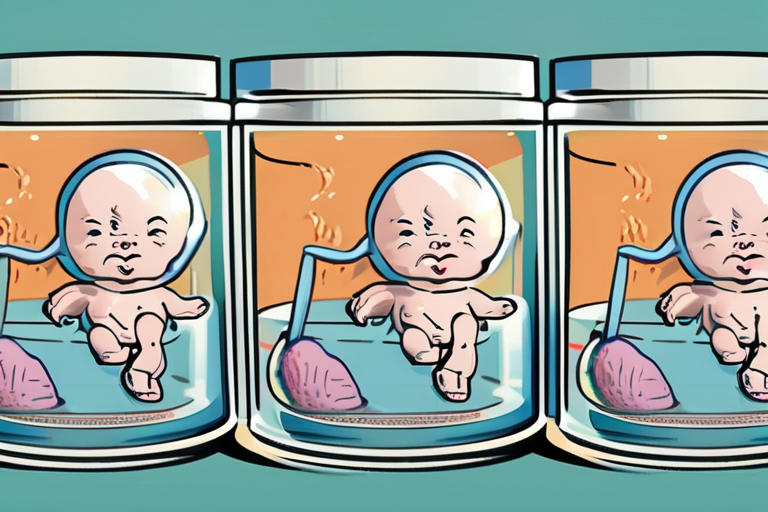

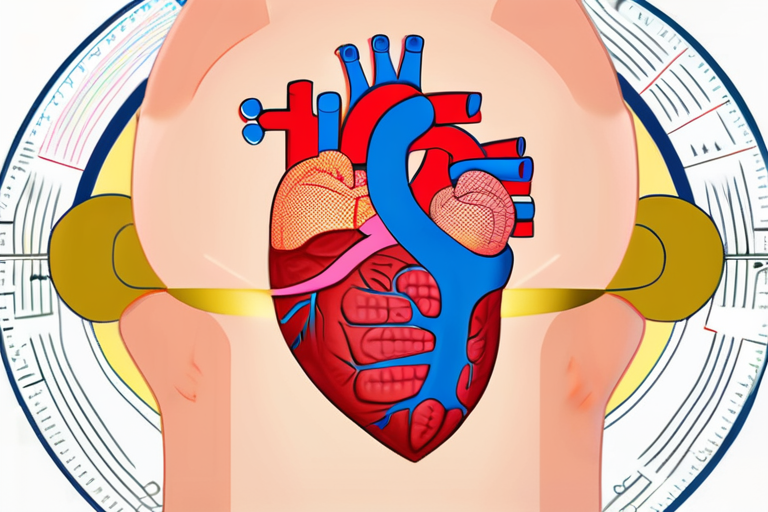
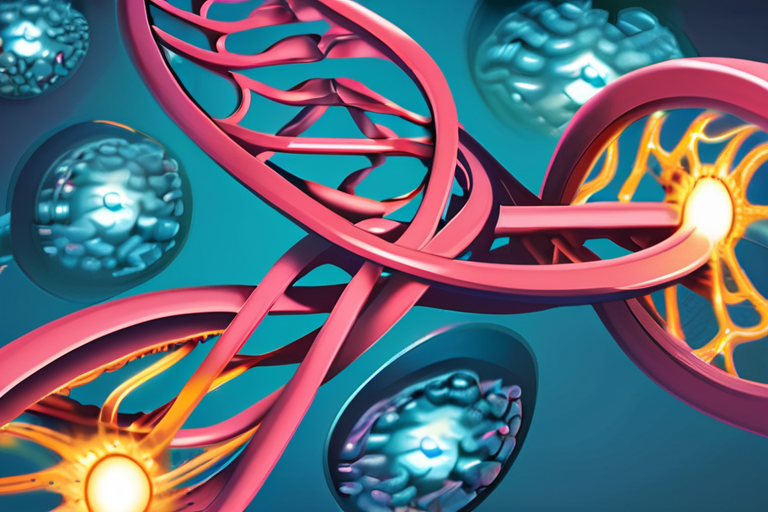
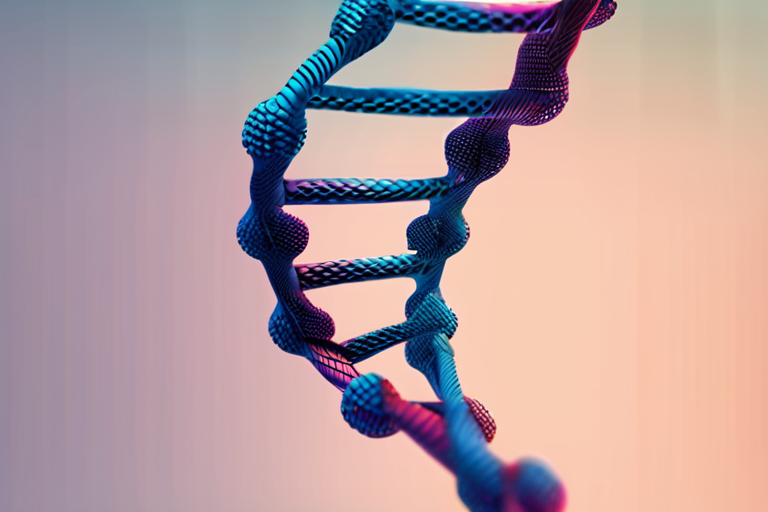
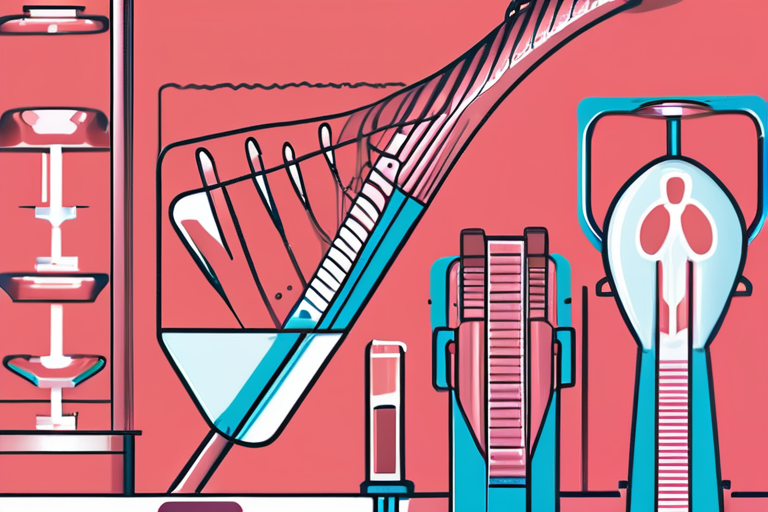
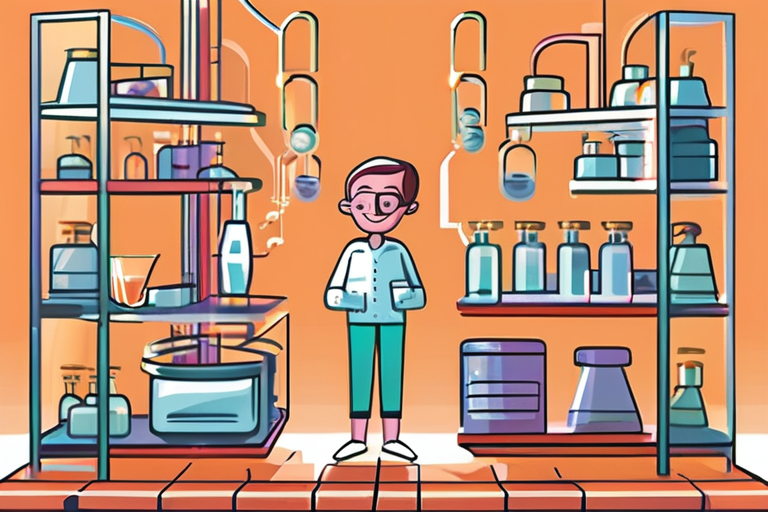




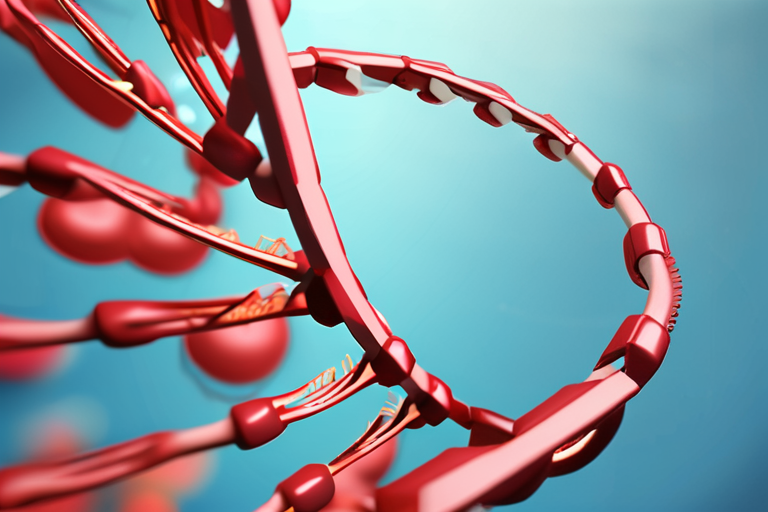







Share & Engage Share
Share this article